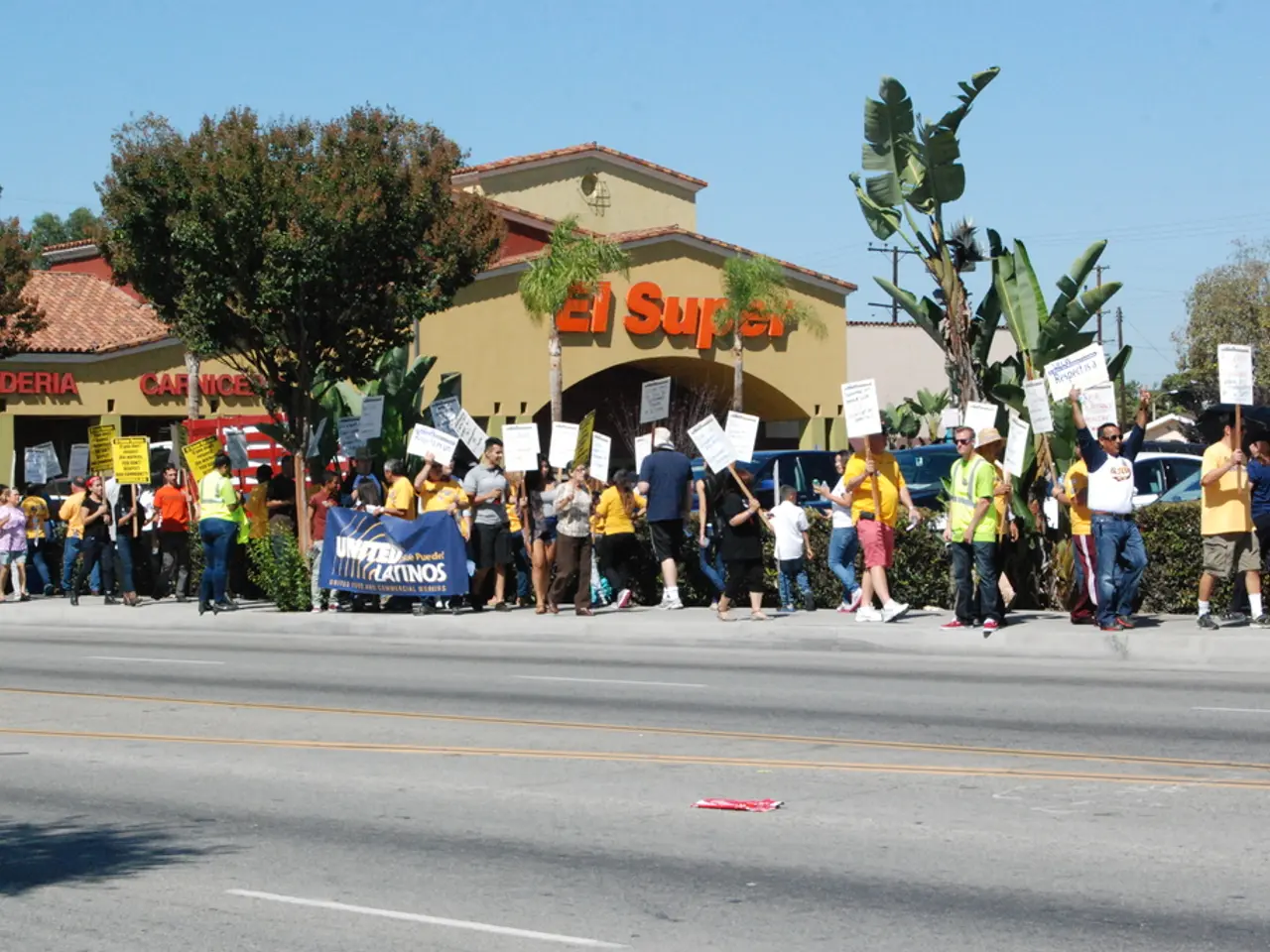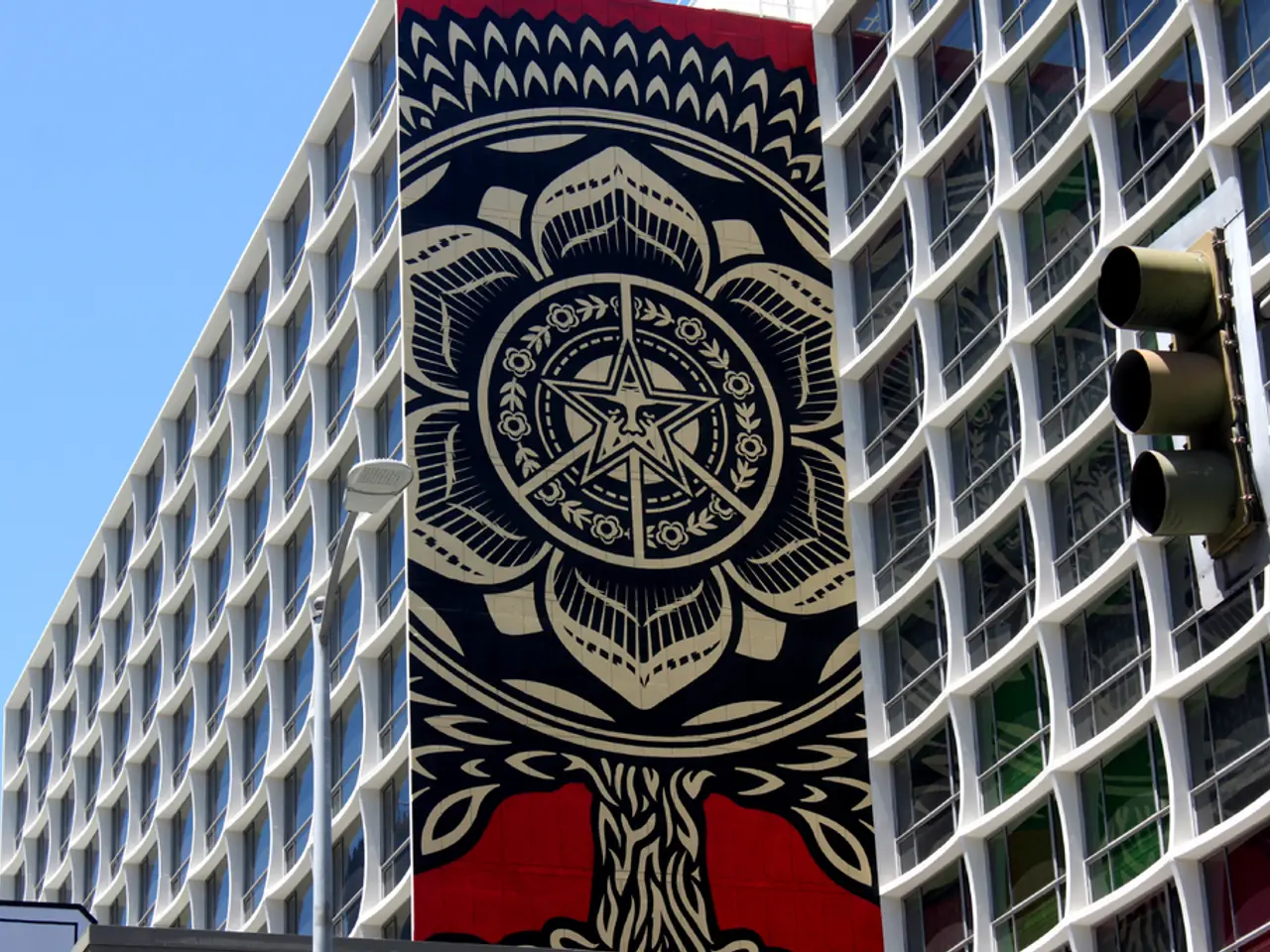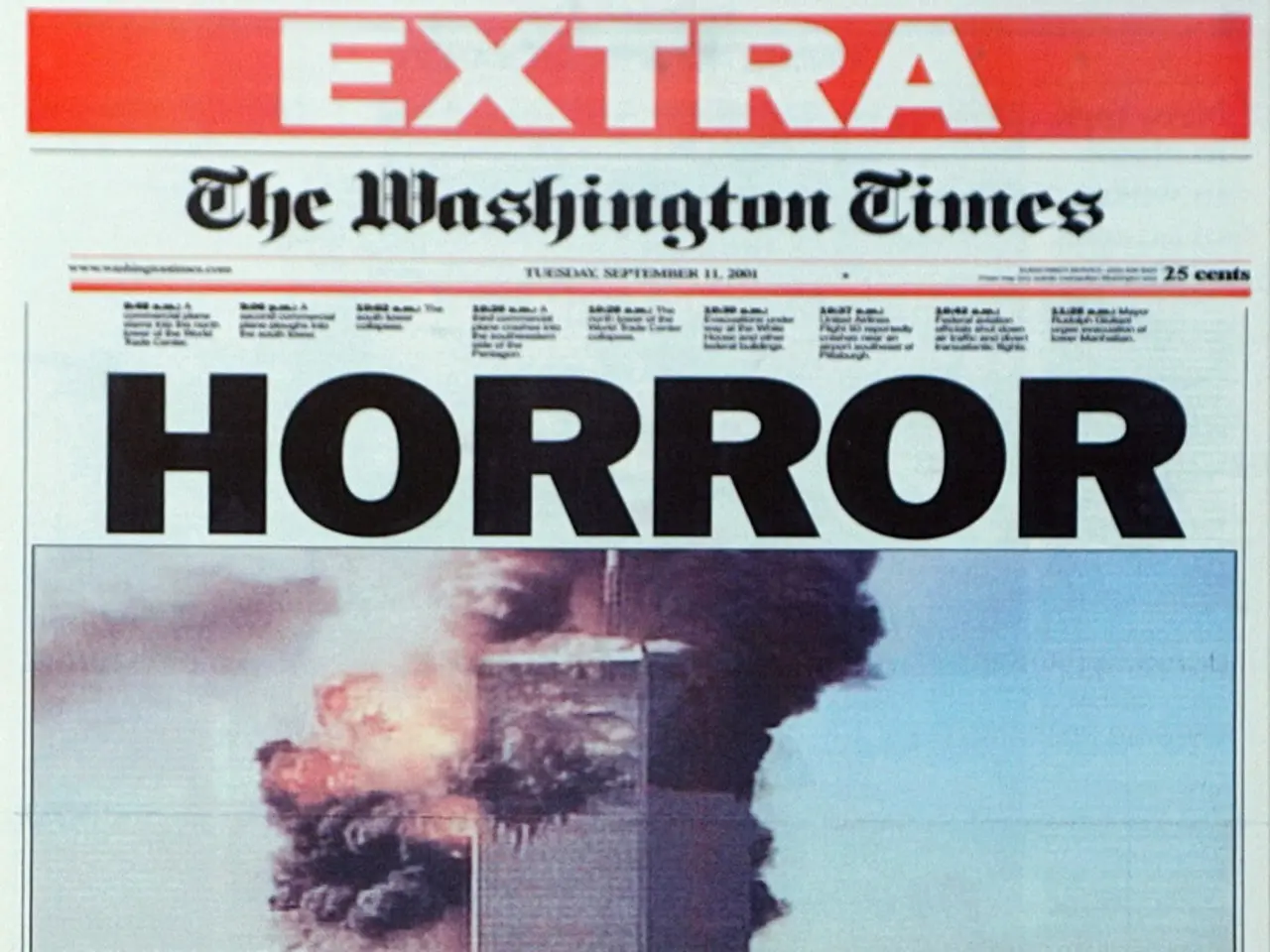"El-Rufai Declares: Maintaining APC Past 2027 Portends Grave Disaster for Nigeria"
El-Rufai Leads Coalition to Unseat APC in 2027
Nasir El-Rufai, former Governor of Kaduna State, is spearheading a grassroots mobilization for the African Democratic Congress (ADC) ahead of the 2027 general elections. The coalition, composed of technocrats, progressives, former governors, lawmakers, and civil society actors, aims to dislodge the ruling All Progressives Congress (APC) from power [1][2].
El-Rufai's agenda is clear: to remove the APC from office, which he describes as "incompetent" and a threat to Nigeria's survival and social fabric if it wins a second term. He has been engaging political stakeholders, youth, and women across northern states like Sokoto to build a credible alternative prioritizing national interest over personal ambitions [1][2].
El-Rufai's stance on the APC is firmly oppositional, viewing their continued governance as destructive to Nigeria’s social capital and democratic progress [1][2]. He has criticized the APC-led federal government as "a failed, clannish, and visionless administration that has plunged Nigeria into deeper socio-economic misery."
The coalition's goal is to restore Nigeria's lost dignity, unity, and prosperity. El-Rufai asserted that none of the coalition members are in it for personal ambition, but are fighting for the soul of Nigeria. He emphasized that any attempt to retain the APC in power beyond 2027 would lead to greater doom for the nation [1][2].
El-Rufai, a former APC leader, left the party in 2025 after his ministerial appointment was blocked and after his expulsion from the SDP. His mobilization efforts reflect a strong opposition to the APC, warning that continued APC rule imperils the nation and its unity [1][2].
Notably, internal tensions exist within the coalition related to presidential ambitions, notably former Vice President Atiku Abubakar's plan to run on the ADC platform. El-Rufai and other key figures reportedly oppose this, insisting the presidency should remain in the South until at least 2031 [3].
In summary, El-Rufai's 2027 mobilization under the ADC focuses on forming a progressive coalition against the APC, prioritizing national unity and southern presidential candidacy, while rejecting the APC’s competence and legitimacy [1][2][3]. The coalition views this as a moral and national obligation to reclaim the country from misrule.
- El-Rufai's 2027 coalition, comprising technocrats, progressives, and former governors from the African Democratic Congress (ADC), plans to challenge the ruling All Progressives Congress (APC) in Nigeria's general elections.
- El-Rufai criticizes the APC-led federal government, calling it "clannish, visionless," and a threat to Nigeria's survival, arguing that the APC's continued governance could lead to greater doom for the nation.
- Despite his past affiliation with the APC, El-Rufai, a former Governor of Kaduna State, has recently left the party, citing blocked ministerial appointments and expulsion as reasons for his departure.
- The coalition aims to restore Nigeria's dignity, unity, and prosperity, emphasizing that their efforts are rooted in national interest, not personal ambition.
- Internal disputes within the coalition arise over presidential ambitions, with former Vice President Atiku Abubakar intending to run on the ADC platform, a move opposed by El-Rufai and other key coalition members who wish for the presidency to remain in the South until at least 2031.
- The ongoing mobilization efforts in Nigeria's political landscape, driven by figures like El-Rufai, raise important questions about national unity, policy-and-legislation, and the role of migration, war-and-conflicts in shaping Nigeria's future, making it crucial news for the general public and scholarly discourse.







